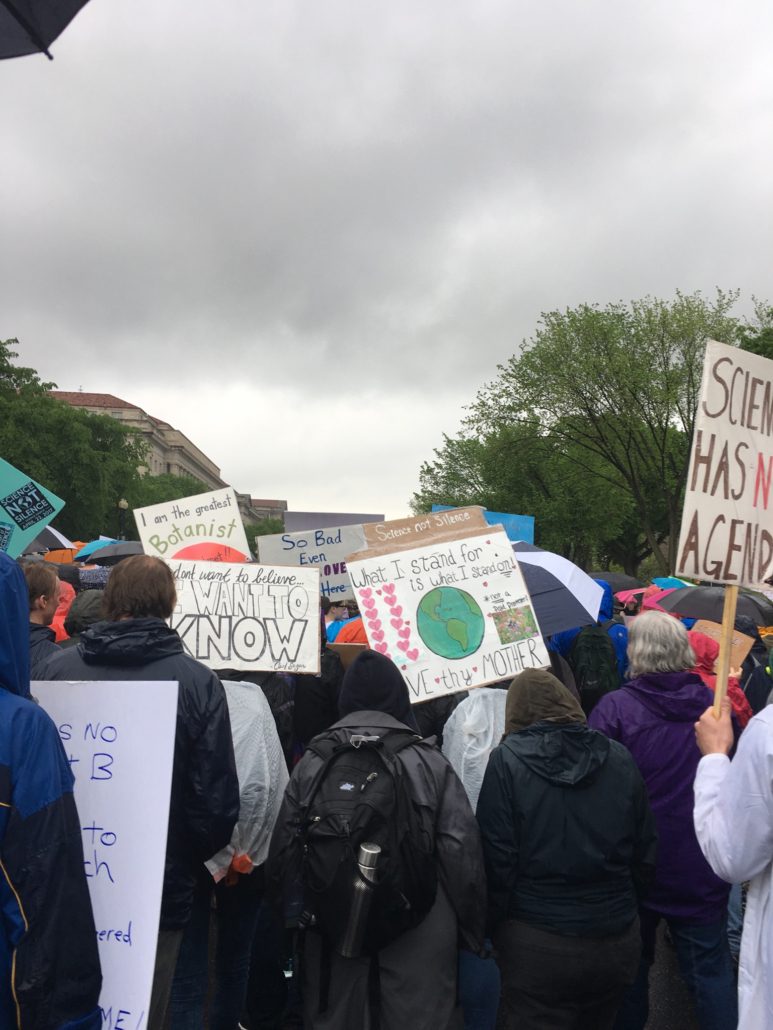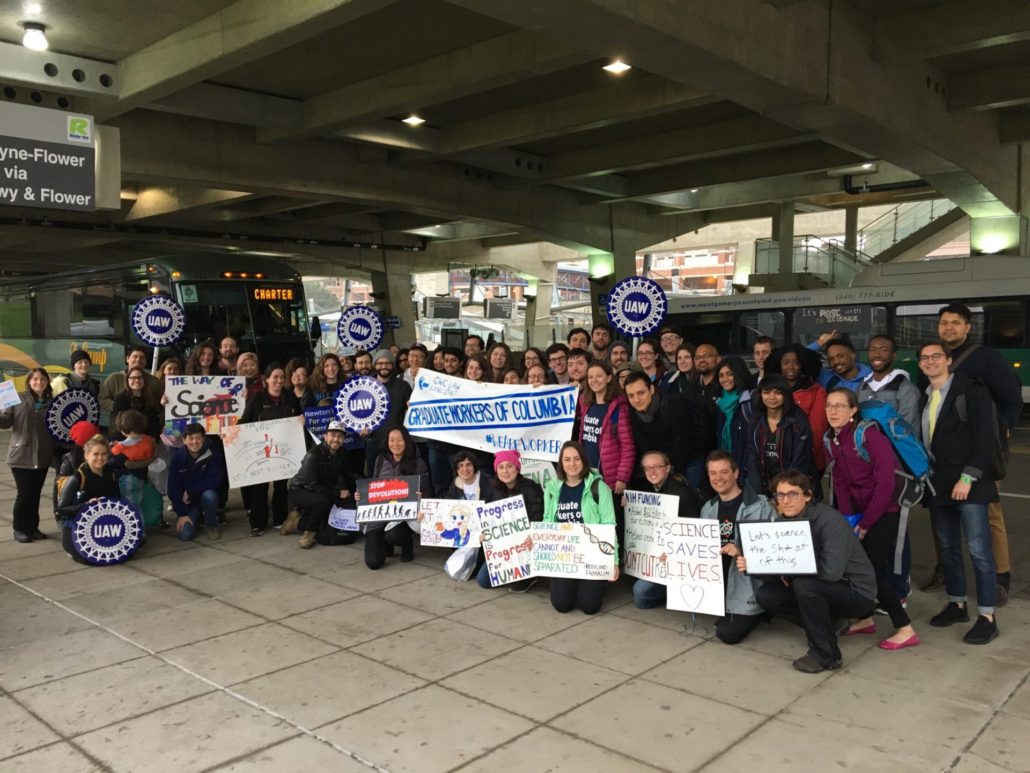DETROIT, MI — The UAW International Executive Board has elected Region 1A Director Laura Dickerson to serve as Vice President and Director of the Ford Department, succeeding Vice President Chuck Browning, who will retire at the end of this month.
In accordance with Article 10, Section 17 of the UAW Constitution, the vacancy was filled by a majority vote of the International Executive Board. Dickerson was elected to serve in this critical role and will be sworn in when Browning officially vacates the position at the end of the month.
Dickerson currently serves as Director of UAW Region 1A and brings nearly three decades of union experience to her new role. She becomes the first African-American woman to serve as UAW Vice President, continuing a trailblazing legacy of leadership.
“Chuck Browning has set the bar for what it means to fight for working-class people,” said UAW President Shawn Fain. “He’s been one of the toughest and most effective negotiators this union has ever seen. When the bosses dug in, Chuck pushed harder. During the Stand Up Strike, he led the charge to kill tiers at Ford, win back COLA, and make the company pay up. He knew our power—and he used it. We’re going to miss his fire at the table, but we know Laura Dickerson brings that same fighting spirit. She’s tough, she’s battle-tested, and she’s grounded in the membership. The Ford Department is in good hands.”
Reflecting on his retirement, Browning said: “It’s been the honor of my life to serve the UAW membership. I cannot express strongly enough the respect and appreciation I have for our members and for those I’ve served with. I have all the confidence in the world that Laura will lead the UAW National Ford Department with strength and integrity. She will do it with the same fire and same heart that has earned her the admiration and support from those that she has served.”
Dickerson pledged to build on the department’s legacy: “I’m proud to take the baton from Chuck and lead the Ford Department at a time when UAW members are demanding more—and winning. We’re not doing business as usual anymore. We’re doing things differently, and it’s working. Our members stood up, took on the Big Three, and showed the world what union power looks like. I’m ready to build on that member-led momentum, fight for even stronger contracts, and make sure every worker has the dignity, respect, and voice they deserve. This union raised me, and I’ll keep fighting every day to raise standards for the entire working class.”
Dickerson was re-elected Director of UAW Region 1A by its membership in December 2022, after first being elected in 2021 to complete the term of Chuck Browning. She was the first African-American woman in UAW history to be elected to the International Executive Board. She was elected as a Regional Director.
A UAW member since 1997 with Local 600, Dickerson has served in elected roles at nearly every level of the union—chairperson, bargaining team member, national negotiator with Ford, staff council vice president, and more.
Chuck Browning has served as UAW Vice President and Director of the Ford Department since July 2021, following his election by the International Executive Board. His decades of leadership have spanned the National Ford Department, Region 1A, and the UAW President’s office, where he served as both Administrative and Top Administrative Assistant. He began his career at the Mazda plant in Flat Rock in 1987 as a member of Local 3000, eventually becoming Plant Chairperson. He will continue bargaining at Volkswagen.
At the 2022 UAW Constitutional Convention, members amended the union’s constitution and bylaws, voting overwhelmingly to adopt a “one member, one vote” system for choosing union leadership and updating the rules for leadership selection. Under the UAW Constitution, vacancies for the five officer positions (president, secretary-treasurer, and three vice presidents) are filled by a vote of the International Executive Board. Vacancies for regional directors are filled at special regional conventions by previously elected delegates to the Constitutional Convention. Per the Consent decree, the Monitor will vet Laura Dickerson prior to being sworn in.








UAW Statement on the Republicans’ Anti-Worker Budget Reconciliation Bill
BOSK Workers Call on NLRB to Step In: “We Deserve a Fair Shot at a Union Vote”
UAW Statement on New York Mayoral Primary Race